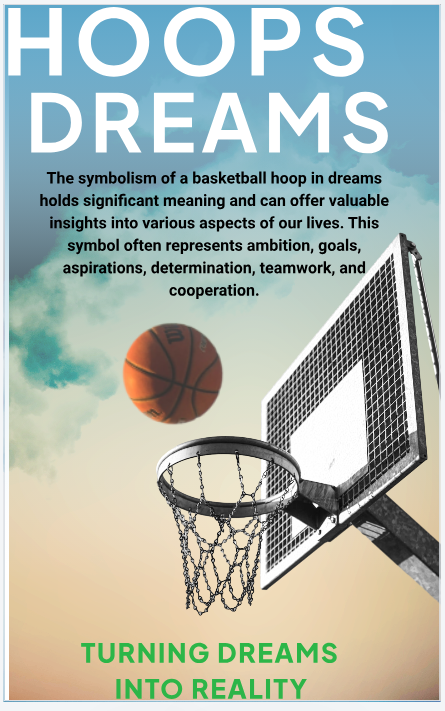Title: "The Power of Body Language: How Two Minutes Can Transform Your Confidence and Success"
Body:
In the fast-paced world we live in, filled with technological advancements and digital communication, it's easy to overlook the impact that our physical posture can have on our lives. In her enlightening TED Talk, social psychologist Amy Cuddy shares a simple yet powerful life hack that requires no technology but can significantly influence the way your life unfolds: power posing.
Cuddy begins by urging the audience to take a moment and observe their own body language. Are you making yourself smaller, hunching, or crossing your legs? Or are you opening up, taking up space, and making yourself big? The way we carry ourselves not only communicates information to others but also has a profound impact on our own thoughts, feelings, and physiology.
As a social psychologist, Cuddy has delved into the realm of nonverbal behavior, emphasizing its role in communication and social interactions. She highlights how judgments based on body language can predict meaningful life outcomes, such as hiring decisions, promotions, and even legal actions. The effects of nonverbal cues are not limited to external perceptions but also extend to how we perceive ourselves.
Cuddy's research focuses on the expressions of power and dominance through nonverbal language. Power poses, characterized by expansive and open postures, are associated with increased levels of testosterone (dominance hormone) and decreased levels of cortisol (stress hormone). On the other hand, low-power poses, where individuals make themselves small and closed off, result in the opposite hormonal response.
The TED Talk explores a fascinating experiment conducted by Cuddy and her collaborator, Dana Carney. Participants were asked to adopt high- or low-power poses for just two minutes before engaging in a stressful task—a job interview. The results were remarkable. Those who struck power poses exhibited higher risk tolerance and increased levels of testosterone, indicating greater confidence and assertiveness. In contrast, low-power posers displayed lower risk tolerance and elevated cortisol levels, reflecting heightened stress.
Taking this research beyond the lab, Cuddy emphasizes the potential real-world applications, especially in evaluative situations such as job interviews. By practicing power posing for just two minutes before entering a stressful situation, individuals can positively impact their confidence, assertiveness, and overall presence. The effects are not merely external; they extend to internal changes in thoughts and feelings.
Cuddy shares a personal story of overcoming adversity, emphasizing the importance of resilience and self-belief. She encourages individuals to "fake it till you become it," emphasizing the transformative power of consistently practicing empowering postures until they become ingrained in one's self-perception.
In conclusion, Cuddy leaves the audience with a powerful message: tiny tweaks, like two minutes of power posing, can lead to significant changes in outcomes. She encourages everyone to not only try power posing for themselves but also to share this science, particularly with those who may lack resources or status. In just two minutes, in the privacy of their own space, individuals can empower themselves and potentially transform the trajectory of their lives.
Amy Cuddy's TED Talk serves as a compelling reminder of the interconnectedness of body language, thoughts, and success. It prompts us to reevaluate the significance of our physical presence in shaping our personal and professional journeys.
credit for the blog :
https://www.youtube.com/watch?v=Ks-_Mh1QhMc&list=WL&index=14&pp=gAQBiAQB
https://t.me/+jxshxqBbFNozYjM1:telegram




